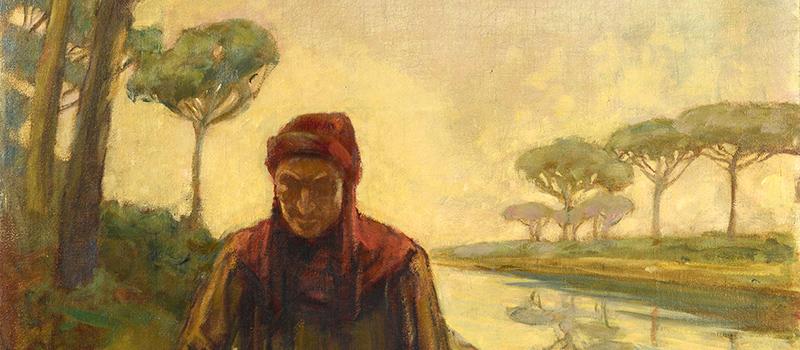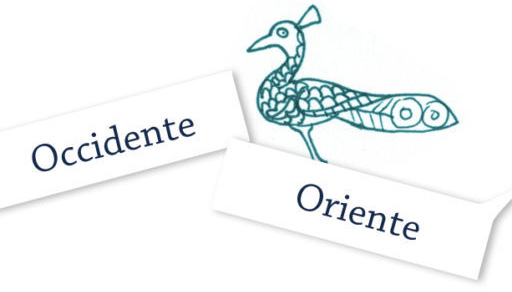“Ravenna remains as it has been for years.
The eagle of Polenta broods over it
so that he covers Cervia with his wings”Dante Alighieri | Inferno XXVII, 40-42

Why Italy’s national poet isn’t buried in Florence where he was born? After being exiled for life, Dante spent a long time roaming from one city to the other settling, eventually, in Ravenna, probably in 1318, at the invitation of its ruler Guido Novello da Polenta, a man of wide cultural interest.
When Dante died in September 1321, he was buried in Ravenna in a roman sarcophagus where we can read in its epithaph that Florence was an “unloving mother”.
Actually Florence not only had sent the poet into exile for political reasons but had sentenced him to death. In spite of this, throughout the centuries, Florence made several requests for Dante’s remains but, thanks to the Franciscan brothers, his bones remained in the city which gave him hospitality. It was here that the poet, immersed in a peaceful atmosphere, completed the Divine Comedy.
Since his death the poet became an object of devotion and next year the city of Ravenna will celebrate his 700th anniversary with lots of events in his honour: talks, readings and exhibitions.
After such a long time the memory of the poet is still alive in many corners of the city center. Its the so called “Area del silenzio” (Area of silence, of witness and respect ), which best encompasses the places of Dante in Ravenna: Dante’s tomb, the courtyard with its ancient oratory Quadrarco di Braccioforte, the Basilica of San Francesco , where the poet’s funeral were held, the old Franciscan cloisters and finally Dante Museum. A bit further the Classense Library, the house of Francesca and the beautiful pinewood of Classe remind us that Dante spent in this peaceful ancient town the last years of his life.
Ravenna in 2021 will celebrate the seventh centenary of Dante’s Death.

